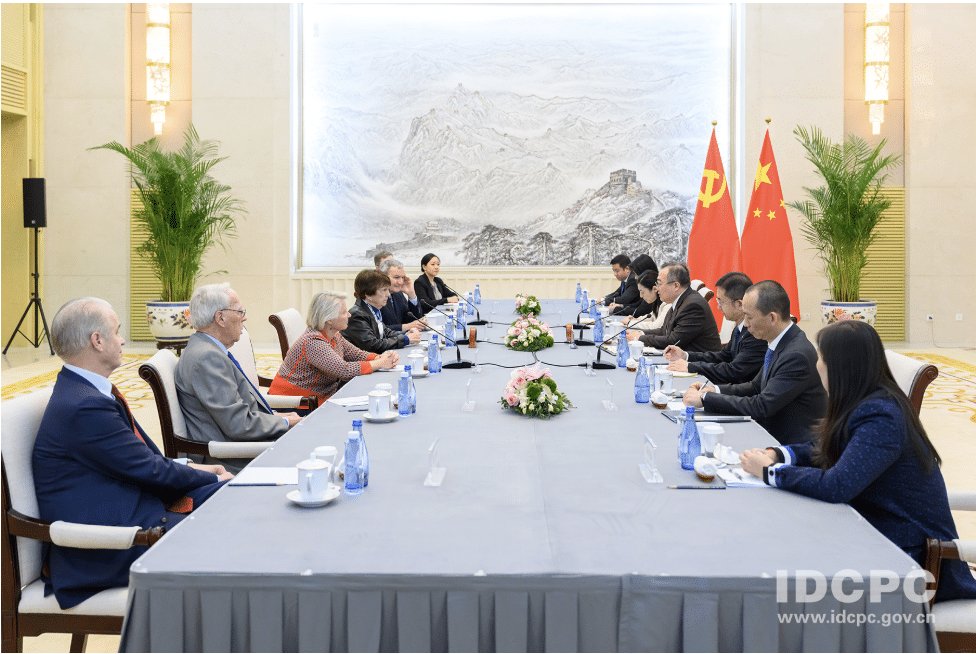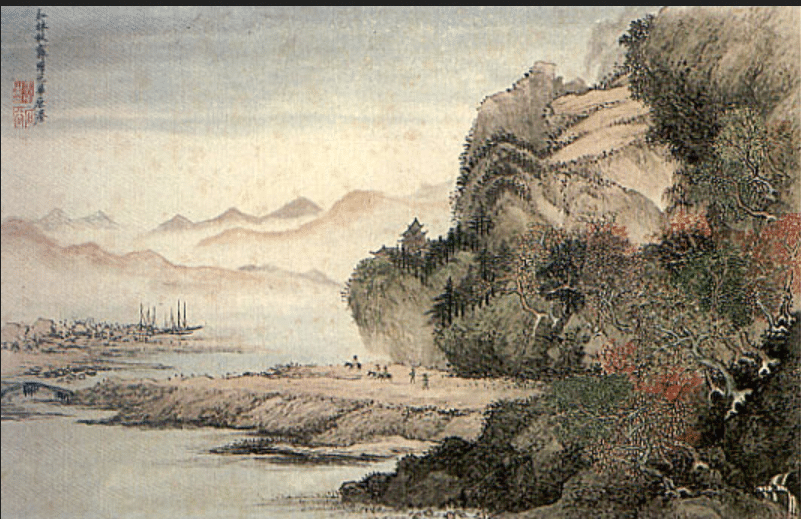Legal Ties to Hold China’s Army to Account Under Central Military Commission Chief
The Central Military Commission’s new political department is working on a raft of official documents and specific measures to make sure all of the army is accountable to the head of the CMC, now chaired by President Xi Jinping, the army’s mouthpiece said on Friday.
The move comes just days after Xi visited the cradle of the Communist Party’s revolution in the remote mountains of Jinggangshan in Jiangxi province in what analysts said was to show he had consolidated power after a military overhaul. They said the department’s activities were to ensure Xi was not preempted like his predecessor Hu Jintao, who was treated as figurehead by his two deputies, Guo Boxiong and Xu Caihou when he was CMC chairman from 2004 to 2012.
The PLA Daily said the Political Work Department, one of 15 newly established units under the CMC, was revising and drafting documents to make sure all arms of the military were accountable to the CMC chairman. The department would also come up with specific measures for all party committees in the army, as well as an ideological educational campaign, the report said.
Shanghai-based political scientist Chen Daoyin said the efforts were designed to further cement Xi’s legitimacy and authority in the army, party and the country, making him an unchallenged leader.
“Xi visited Jinggangshan after he successfully … regrouped the People’s Liberation Army into five theatre commands, to show that had inherited Mao Zedong’s legitimacy. Mao set up the party’s first revolutionary base in Jinggangshan in 1927,” Chen said. “The tour also signaled that Xi had the courage to reform the army like Deng Xiaoping.”
Chen said the changes would also help set up a system of checks and balances to limit other CMC members’ powers and prevent corruption, such as the buying and selling of military ranks by Guo and Xu.
“Of course, it’s not a good thing for the country to base the people’s fate on one man’s decision, but it [will have] a legal [basis],” he said.
According to the constitution, the CMC chairman has overall responsibility for the commission, serving as the commander-in-chief of the PLA.
Hong Kong-based military expert Liang Guoliang said that such a accountability system and rule had not been implemented in the past decades due to a lack of legal sense.
“Mao didn’t need any legal foundation because of his political influence. Deng revised the constitution, but failed to expand the constitutional law into legal documents because he didn’t face any critical challenges like his successors Jiang Zemin and Hu, the CMC’s first and second generation civilian leaders,” Liang said.
By MINNIE CHAN Feb. 6, 2016 on South China Morning Post








